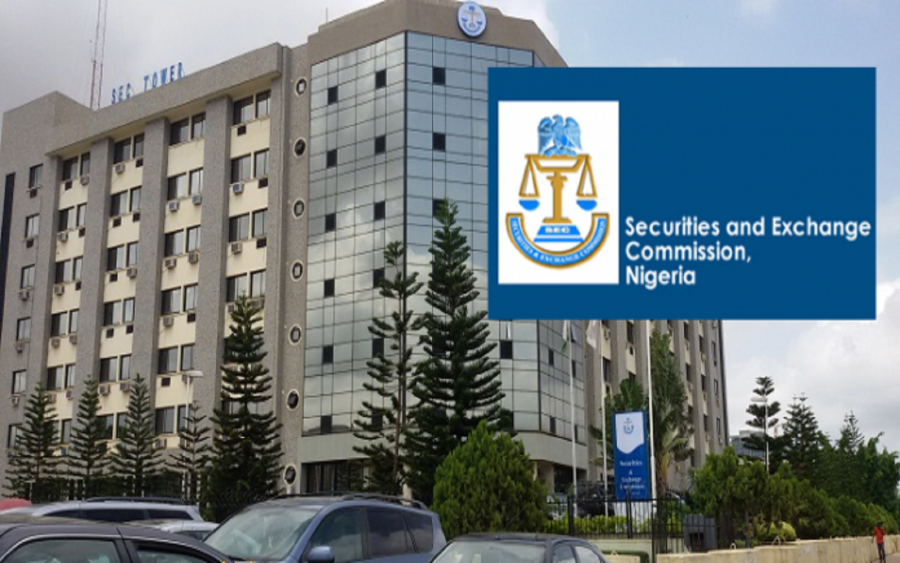
The Securities and Exchange Commission (SEC) has said that given the current rate of capital expenditure, it would take approximately 300 years to bridge Nigeria’s infrastructure gap.
The Director-General of, the Securities and Exchange Commission (SEC), Mr Yakubu Yuguda stated this at the 2023 Chartered Institute of Stockbrokers (CIS) National Workshop which was held in Abuja.
Speaking on the theme of leveraging the capital market to drive public-private partnerships for effective national economic growth, Yuguda, citing a World Bank report, pointed out that Nigeria’s current level of public spending on infrastructure is one of the lowest globally.
The SEC DG who was represented by the Executive Commissioner, Corporate Services, Ibrahim Boyi, stressed the need for a new approach to financing infrastructure development in Nigeria to stimulate economic growth and argued that leveraging public-private partnerships is essential, and the capital market can play a crucial role in this regard.
He stated that the Nigerian Capital Market has the capacity and is well-positioned to finance Public-Private Partnership (PPP) infrastructure projects in the country.
The Director-General explained that the capital market, with its patient capital and established project financing options, is well-suited to finance PPP infrastructure projects at various levels.
He cited the common model used in many developed countries, where governments and private sector partners raise debt capital for PPP projects through bonds and loans.
He thereafter commended the CIS for its role in developing the economy by equipping individuals and organizations with the necessary skills and expertise in the financial sector, which is crucial for the success of PPP projects.
PRESS STATEMENT Nigerian Breweries PLC - The pioneer and largest brewing company in Nigeria which is…
Paris Saint-Germain star Achraf Hakimi has spoken out following his defeat by Ademola Lookman for…
Ukrainian boxer Oleksandr Usyk reinforced his position as one of the greatest heavyweight champions in…
The National Emergency Management Agency (NEMA) has said it has put all its zonal, territorial…
Erhiatake Ibori-Suenu, member representing Ethiope Federal Constituency of Delta State in the House of Representatives…
The Economic and Financial Crimes Commission (EFCC) has reportedly secured a final forfeiture order for…